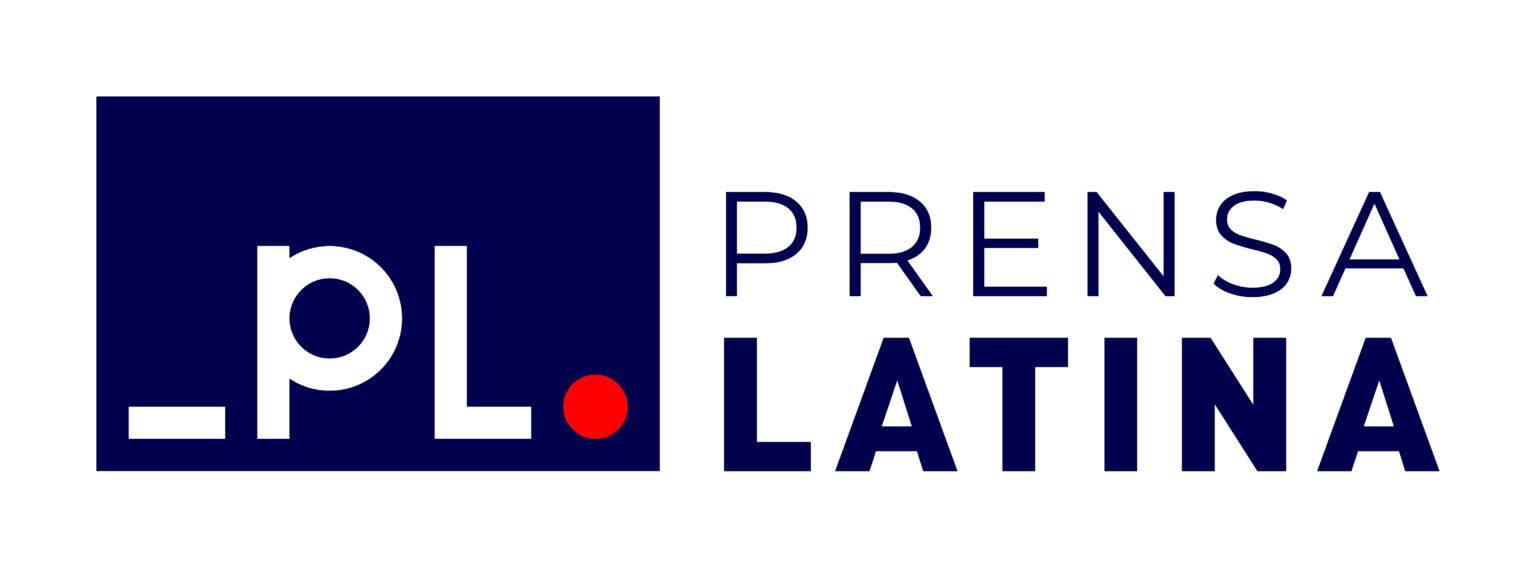Actions taken in recent days by the community bloc and digital platforms against these journalistic organizations move away from confronting false news and deprive the information of objectivity, stressed the president of the agency, Luis Enrique González.
According to the statement, the boycott of Russia Today and Sputnik violates the individual rights of the professionals who work in these media.
Likewise, he said, they deprive audiences of access to alternative news and visions to those disseminated by Western information monopolies, at a time when the conflict in Ukraine focuses the attention of the entire world.
Russia began a military operation in Ukraine on February 24, after the authorities of the self-proclaimed People’s Republics of Donetsk and Lugansk requested help in the face of Kiev’s aggression, and in a context of warmongering and expansionist positions of the members of the North Atlantic Treaty Organization (NATO).
Shortly after, the president of the European Commission, Ursula von der Leyen, said that the EU was developing tools aimed at suppressing the broadcasts of RT and Sputnik, and the decision to block the transmissions of the two media was later announced.
In addition, the social network Twitter began to label as “media affiliated with the government” of Russia, the personal accounts of some of the professionals of these journalistic organizations, which has been denounced by colleagues from different geographies.
In different latitudes, numerous voices recently expressed their rejection of the censorship exercised by the EU authorities, and supported the two Russian media.
The Minister of Communication of Venezuela, Freddy Ñáñez, believed it is a sign of arrogance and desperation at the same time.
“The truth is that this measure, typical of a totalitarian regime, was predictable. The censorship that the EU has been imposing on Russia in general, and on the conflict in Ukraine in particular, is not a new thing,” he told Sputnik.
The president of the TeleSur channel, Patricia Villegas, stressed the respect and admiration for all RT workers, and stated that the EU’s decision attempts to silence voices in the name of democracy.
According to the Colombian journalist, Telesur has experienced similar situations at decisive moments for Latin America and the Caribbean.
ef/leg/lmg/sea










